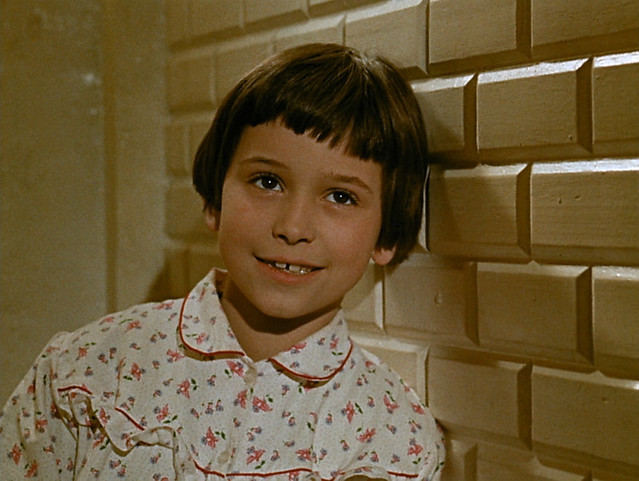Browse any account of the French New Wave's beginnings and you're sure to encounter some variation on the idea that these filmmakers were reacting against "a certain tendency of French Cinema" which inordinately favored prestigious literary adaptations commonly referred to as "The Cinema of Quality". They counteracted this "tendency" towards "quality" by making highly personal cinema which flouted all of the accepted rules of both filmmaking and screenwriting.
At roughly the same time, Raymond Queneau was in the process of flouting all of French Literature's established conventions via his colloquially written novel, Zazie dans le métro. The confluence of these two contrarian movements was inevitable. Regardless of whether or not you consider Louis Malle to be an official member of the Nouvelle Vague, the sheer energy of the Zazie film is undeniably New Wave. From start to finish, Malle was able to expertly match all of Queneau's clever verbal wit, with equally inventive visual wit. Moreso than even the cartoonish satires of Frank Tashlin and The Marx Brothers, this film was absolute cinematic anarchy. Zazie was punk before there was a word for it. Vive Zazie!


